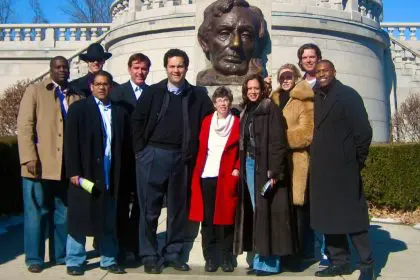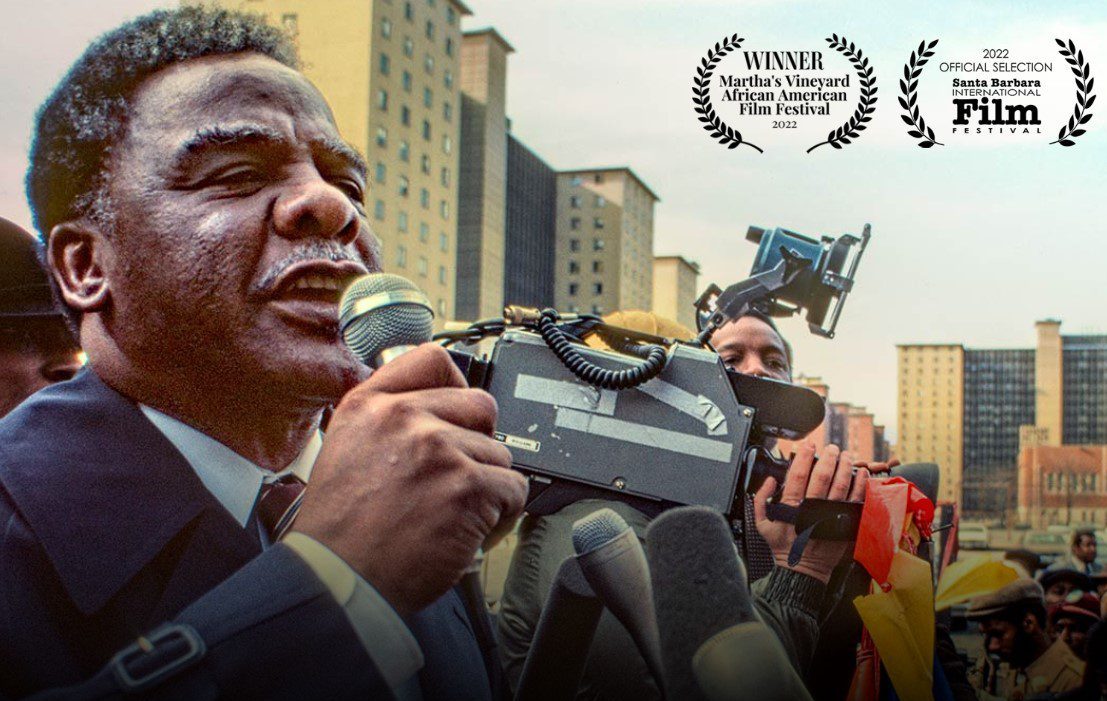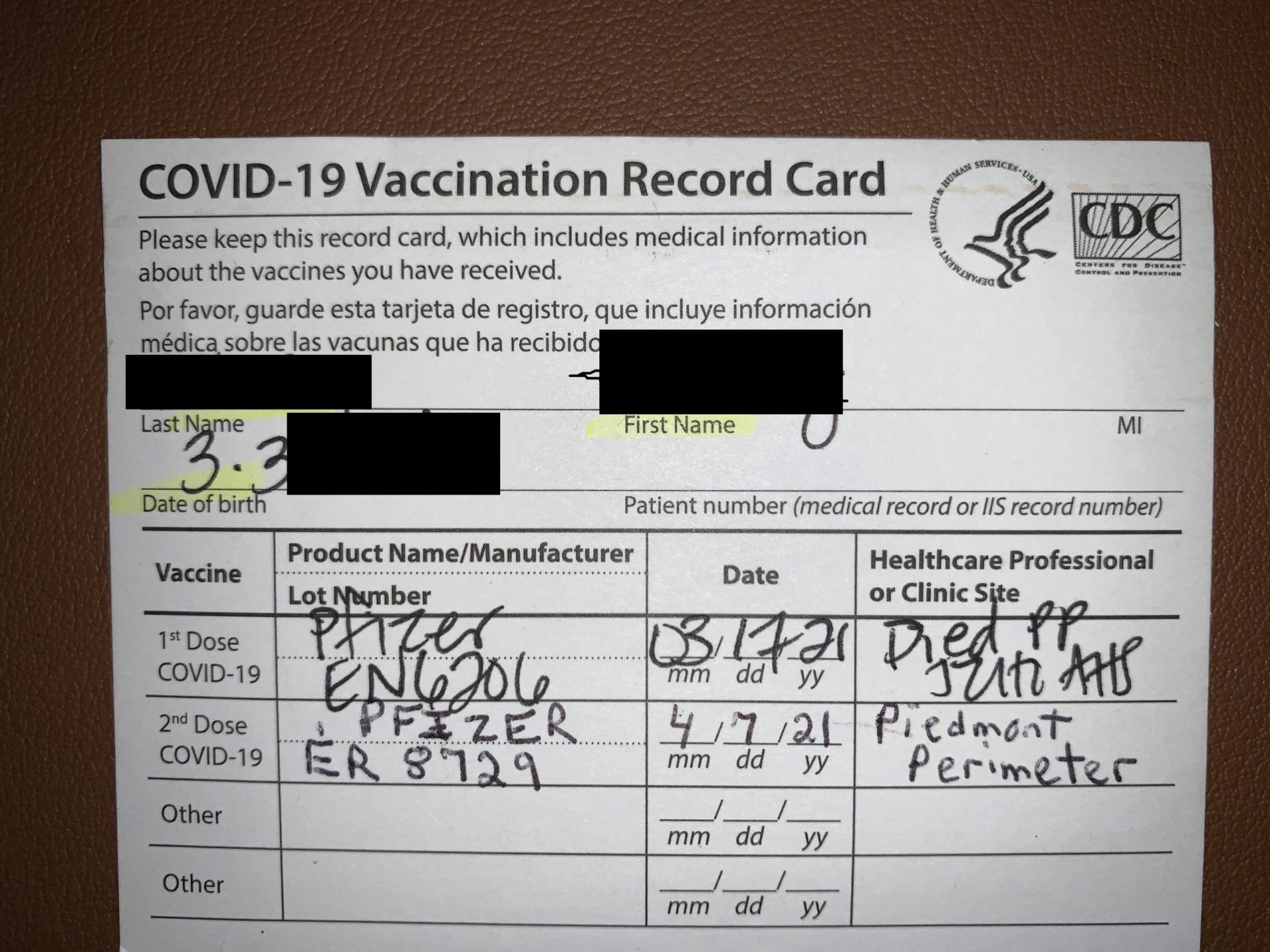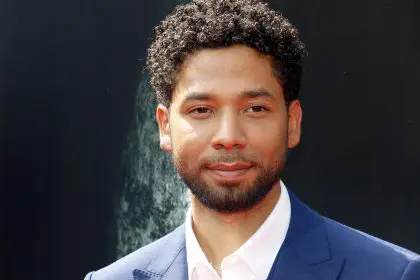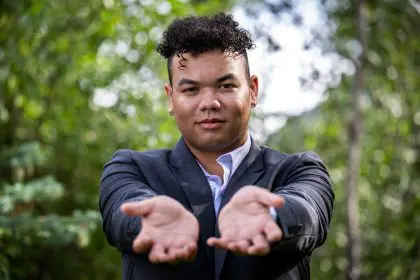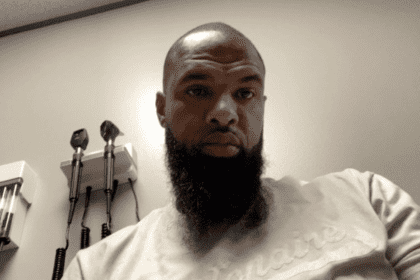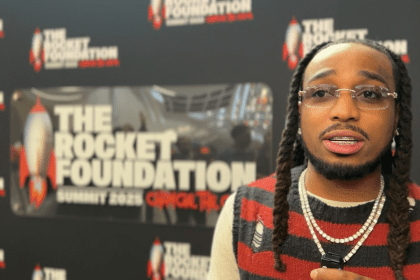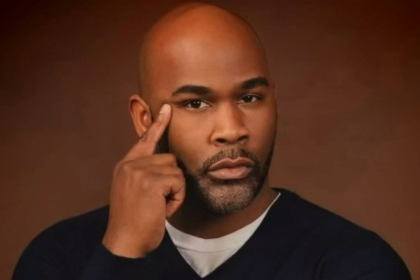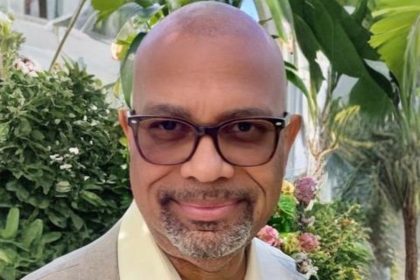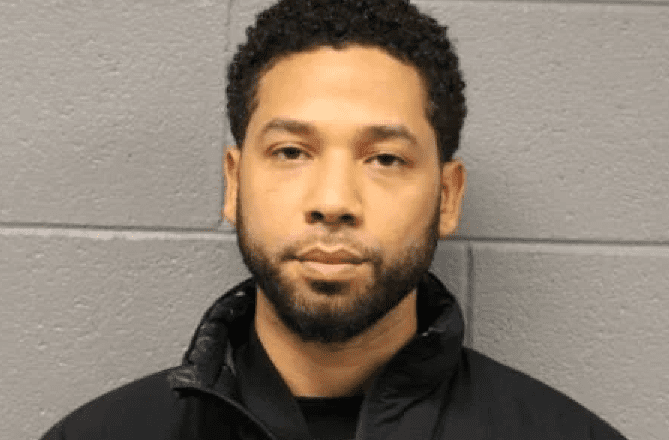
On Feb. 20, 2019, the Cook County State’s Attorney’s Office approved charges of felony disorderly conduct against Jussie Smollett, the star of the Fox television series “Empire.” Four days before these charges were filed, the “Empire” actor retained high-profile defense attorney Michael Monico to represent him in the case.
Now, with Smollett’s recent arrest and subsequent release, his legal team is likely working overtime to develop a defense strategy. But with all the evidence currently available to the public, it is difficult to know whether any of these strategies would truly persuade a jury.
Here are three possible defense strategies.
He did not commit the alleged crime
The most straightforward strategy is simply asserting that he did not file a false police report and that he was not involved in orchestrating the Jan. 29, 2019, hate crime. Ultimately, Jussie would have to argue and prove that if Abimbola and Olabinjo Osundairo — the two brothers of Nigerian descent who have both made acting appearances on “Empire” and been known to socialize with Smollett — were indeed the individuals who attacked him on Jan. 29, that he had no knowledge of and was in no way involved in their plan to assault him.
Not guilty by reason of insanity
The trickier strategy would be to raise an insanity defense under the theory of “irresistible impulse,” which applies to someone who may know that an act is wrong but is unable to resist committing it. In 2007, Smollett was accused of misidentifying himself to a Los Angeles police officer who pulled him over for a DUI. He also signed a false name on the promise to appear in court, which resulted in him being charged with false impersonation. As evidence of a mental defect, Smollett could introduce his history of giving false information to the police to show a pattern of compulsive dishonest behavior.
The state has not met its burden of proof
The most viable strategy would be to simply argue that the prosecution did not present a legally sufficient evidentiary foundation, and then move for a directed verdict before the defense presents its case. A prosecutor is charged with proving that a criminal defendant is guilty beyond a reasonable doubt. If the prosecutor does not meet this burden, then the case fails. To prove their case, the prosecution relies on evidence acquired by police officers during an investigation. Now let’s be honest, the crooked Chicago cop is not just a trope portrayed on the television and movie screens. There is a documented history of police tampering with evidence. Just last September, a Cook County judge overturned the convictions of 18 men who were victims of a corrupt group of Chicago police officers who fabricated and falsified evidence for more than a decade. Thus, dismantling the prosecution’s case on the grounds of inauthentic, insufficient or inadequate evidence is a plausible legal strategy that could be used for Smollett’s defense.
Although he has been found guilty by many “jurors” in the court of public opinion, it is the court of law that will make the final determination of Smollett’s guilt or innocence.

